For Education Leaders
Get proven strategies and expert analysis from the host of the Learning Can't Wait podcast, delivered straight to your inbox.
Virtual Staffing
Fill Teacher Vacancies in Days
- State-certified experts averaging 15+ years experience
- Fully aligned to your curriculum & standards
- Scalable, cost-effective hybrid solutions
Virtual School Counseling Resources: Ultimate Guide

The landscape of school counseling has transformed, shifting from face-to-face interactions in cozy offices to connections across digital screens. This evolution brings challenges, building rapport without physical presence, ensuring privacy in virtual spaces, and adapting traditional techniques. Yet, it presents opportunities, including increased accessibility for students intimidated by in-person sessions and the ability to reach students regardless of location, much like how virtual special education teachers have expanded support for students with diverse learning needs.
This guide is your definitive resource for virtual school counseling. Whether you're a seasoned counselor transitioning to online support or an administrator enhancing your school's virtual program, you'll find curated tools and strategies organized into categories: foundational technology, interactive engagement tools, crisis management approaches, remote evaluations and teletherapy coordination, professional development opportunities, and partnership possibilities.
This guide will help you navigate the digital landscape while maintaining the core of effective counseling: genuine connection and skilled support for students in need, including awareness of online speech therapy services, as online school counselors adapt and innovate.
What the Role of an Online School Counselor Is
The fundamental responsibilities of school counselors, providing academic guidance, career exploration, and social-emotional support, remain unchanged in the virtual environment. However, the means of delivering these services have transformed dramatically, requiring counselors to adapt while maintaining effectiveness and coordinate with other virtual support services like virtual occupational therapy to ensure comprehensive student care.
Online school counselors must develop new competencies alongside their traditional training. Essential competencies include digital literacy, virtual communication etiquette, and awareness of ethical considerations like digital privacy and confidentiality. Building rapport, once reliant on physical presence and non-verbal cues, now requires strategies through a screen.
Key domains of virtual counseling include:
- Individual Tele-counseling Sessions
- Virtual Small Group Counseling
- Digital Classroom SEL Lessons
- Online Parent/Guardian Consultations and Workshops
- Virtual Crisis Response
Each area requires thoughtful adaptation of traditional counseling techniques. For instance, a check-in that involved a visual assessment of a student's demeanor now uses emoji response scales or digital mood meters. Tele-counseling for students has evolved from an alternative option to a primary support mode, necessitating strategies for creating psychological safety and meaningful connection in digital spaces.
As student mental health online becomes a critical concern, school counselors are pioneering innovative approaches that honor counseling and embrace technology.
Foundational Technology for Secure & Effective Virtual Counseling
A secure, reliable video conferencing platform is the cornerstone of virtual counseling. This technology is not just a convenience; it's the primary "office" for confidential student interactions. The Family Educational Rights and Privacy Act (FERPA) and, in some contexts, the Health Insurance Portability and Accountability Act (HIPAA) establish non-negotiable standards for protecting student privacy. Your video platform must comply with these regulations to ensure ethical practice.
Schools use these secure platforms:
- Google Meet for Education: Offers end-to-end encryption, controlled access via Google Classroom integration, and meeting controls like waiting rooms and participant management.
- Microsoft Teams: Offers robust security features, breakout rooms for group work, and seamless integration with other Microsoft education tools.
- Zoom for Education: Features waiting rooms, password protection, and end-to-end encryption, along with special compliance configurations for educational settings.
- Doxy.me: Is specifically designed for telehealth with a focus on simplicity. This HIPAA-compliant platform offers a free tier with essential features.
Communication and Scheduling Tools
Virtual counselors need systems to manage appointments and communicate securely with students and families, beyond video conferencing. Digital scheduling tools eliminate email inefficiencies while giving students autonomy in selecting meeting times. Calendly and Acuity Scheduling allow you to set available time blocks, prevent double-booking, and send reminders to reduce no-shows.
Your school's LMS provides secure messaging capabilities for asynchronous communication. Counselors also use platforms like Remind for updates or Google Forms for intake questionnaires. Whatever tools you select, establish clear boundaries regarding response times and emergency protocols, and communicate these to students and families.
Privacy and Compliance: A Quick Guide
FERPA protects the privacy of student education records, while HIPAA applies to certain mental health documentation in schools. When navigating these regulations in a virtual environment, consider these best practices:
Use district-approved platforms with appropriate data protection agreements. Secure your home network for remote work with password protection and a virtual private network (VPN). Conduct sessions from a private location, using headphones for student privacy. Document informed consent for virtual services, explaining confidentiality in online environments.
Interactive Tools for Engagement & Connection
Virtual whiteboards transform static conversations into dynamic, visual interactions that replicate many in-person counseling techniques:
- Google Jamboard: This user-friendly tool allows collaborative brainstorming and visual expression. At the start of sessions, use sticky notes for a quick "feelings check-in," asking students to place their emotional state on a spectrum.
- Miro: Excels for goal-setting with extensive templates and infinite canvas space. Create visual roadmaps for students to track progress toward academic or personal objectives.
- Padlet: This versatile wall-style board is perfect for group counseling. Students can anonymously post concerns or successes, fostering community while maintaining comfort.
Resources for Virtual Counseling Activities
Virtual counseling activities enhance sessions, promoting engagement and deeper exploration:
- Pear Deck/Nearpod: These interactive presentation tools allow embedding reflection questions, polls, and drawing activities into SEL lessons. Students can respond privately, giving honest answers without peer pressure.
- Kahoot!: Transform psychoeducation about anxiety management or conflict resolution into engaging quizzes that reinforce key concepts through gamification.
The Responsive Counselor TPT Store offers ready-to-use digital workbooks, interactive Google Slides, and virtual counseling games designed by practicing school counselors.
- School Counseling Files: Provides digital card sorts, guided journaling templates, and assessment tools that work seamlessly in virtual settings.
- ASCA Resource Center: Offers member access to a library of virtual lesson plans and activities aligned with ASCA Mindsets & Behaviors standards.
Social-Emotional Learning (SEL) Platforms and Curricula
Comprehensive SEL platforms provide structured curriculum for your Tier 1 virtual counseling program. They include ready-to-use lesson plans, digital student activities, and assessment tools to track social-emotional skill development over time.
Character Strong offers a digital curriculum with engaging videos and activities for all grades. Second Step provides interactive lessons accessible through student portals with appropriate content from kindergarten to middle school. PurposeFull People focuses on character trait development with family engagement components suitable for remote learning.
These platforms excel in virtual classroom guidance. They provide consistent, evidence-based SEL instruction that complements individual and small group digital counseling tools.
Partnering for Comprehensive Student Support
3 can be challenging. Schools must prioritize training and resources to ensure effective intervention and support for all students.
For schools looking to expand capacity and ensure every student gets the support they need, partnering with a dedicated educational services provider is a powerful solution. Fullmind specializes in helping over 600 schools and districts by providing live, certified virtual educators to fill critical roles.
Fullmind's services include:
- Certified Virtual Counselors: Augment your team with licensed professionals through flexible virtual staffing solutions.
- SWD Services & IEP Fulfillment: Ensure compliance and provide specialized support by fulfilling SWD services and IEP requirements with qualified virtual staff.
- High-Dosage Tutoring & Support: Provide targeted academic and emotional support to students who need it most.
- Homebound Instruction: Deliver consistent, high-quality instruction and counseling services for students unable to attend in person.
Learn how Fullmind can partner with your school to enhance student support services.
Professional Development & Counselor Self-Care
The transition to virtual counseling needn't be solitary. Professional organizations offer specialized resources, training, and communities:
- American School Counselor Association (ASCA): Provides extensive resources on ASCA virtual counseling standards, including position statements, ethical guidelines, and a member community for counselors to share virtual practices.
- American Counseling Association (ACA): Offers continuing education on telehealth topics and practice guidelines for distance counseling.
- State School Counselor Associations: Many state-level organizations have developed region-specific resources addressing local regulations and virtual counseling requirements.
- School Counselor Community on Facebook: This unofficial but active group allows counselors to share virtual resources and troubleshoot challenges in real time.
Telemental Health Certifications and Training
Specialized training in telemental health in schools builds confidence and ensures ethical practice in the virtual environment. The Telehealth Certification Institute offers a Certified Telemental Health Provider (CTMH) credential covering core competencies for online counseling. PESI provides workshops on adapting therapeutic techniques to virtual settings with school-aged populations.
Many universities now offer continuing education certificates in telemental health that count toward licensure renewal. These programs cover technical aspects of virtual practice, modified counseling techniques, risk assessment in virtual settings, and online support ethical considerations.
Essential Strategies for Counselor Well-being
Virtual counseling demands create unique stressors that require intentional self-care. These demands include more screen time, blurred work-home boundaries, and the emotional weight of supporting students:
- Set Firm Boundaries: Define specific work hours and communicate them clearly to students, families, and colleagues. Use automatic email responses during off-hours to set expectations about response times.
- Create a "Closing Ritual": Develop a consistent end-of-day practice that signals the transition from work to personal time. This could include closing professional tabs, shutting down your work device, or taking a brief walk.
- Schedule Screen Breaks: Implement the 20-20-20 rule. Every 20 minutes, look at something 20 feet away for 20 seconds to reduce eye strain. Between sessions, stand up and move to counter the effects of prolonged sitting.
- Seek Peer Supervision: Connect regularly with other virtual counselors to process challenging cases, share strategies, and validate the unique difficulties of remote counseling work.
- Monitor Digital Burnout: Watch for signs like increasing cynicism, sleep disturbances, or dread before logging on. Address these signals by adjusting workload or seeking support.
Conclusion
The evolution of school counseling into virtual spaces presents challenges and opportunities. School counselors can create impactful virtual experiences that support students' needs by combining secure technology, interactive tools, professional support networks, and self-care. The resources for virtual school counseling in this guide provide a foundation for your unique approach.
Behind every screen is a student seeking connection, understanding, and guidance. Your expertise and compassion remain your most powerful tools for supporting student mental health and well-being, regardless of whether you're separated by six feet or many miles.
The future of school counseling will embrace a hybrid model, blending virtual support accessibility with in-person connection value. Mastering virtual counseling now meets today's needs and prepares for tomorrow's possibilities, empowering students to thrive in an increasingly digital world, one virtual session at a time.
For Education Leaders
Get proven strategies and expert analysis from the host of the Learning Can't Wait podcast, delivered straight to your inbox.
Let’s Work Together
We’ll review your application and get in touch!



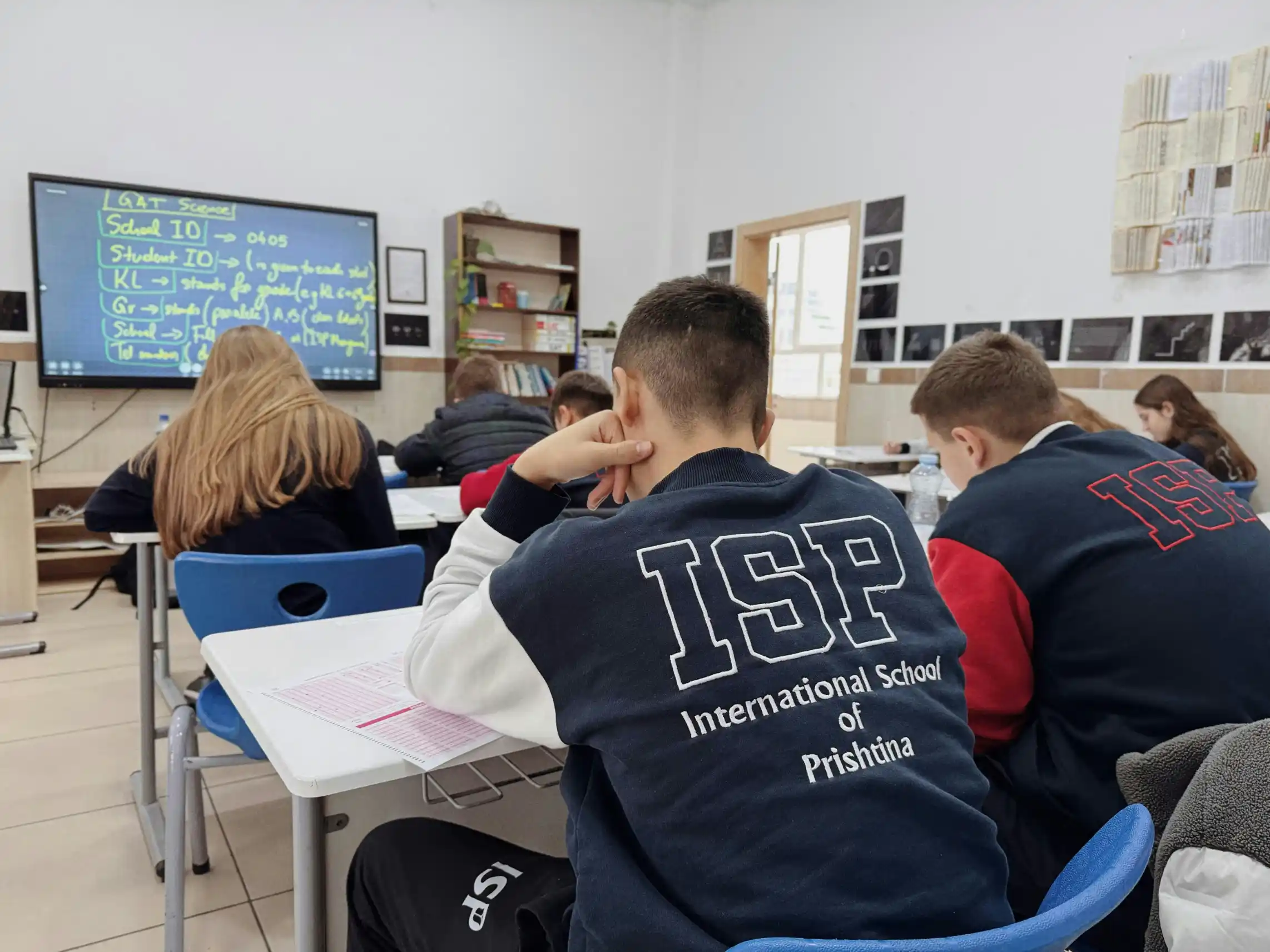
.webp)
.webp)



.webp)
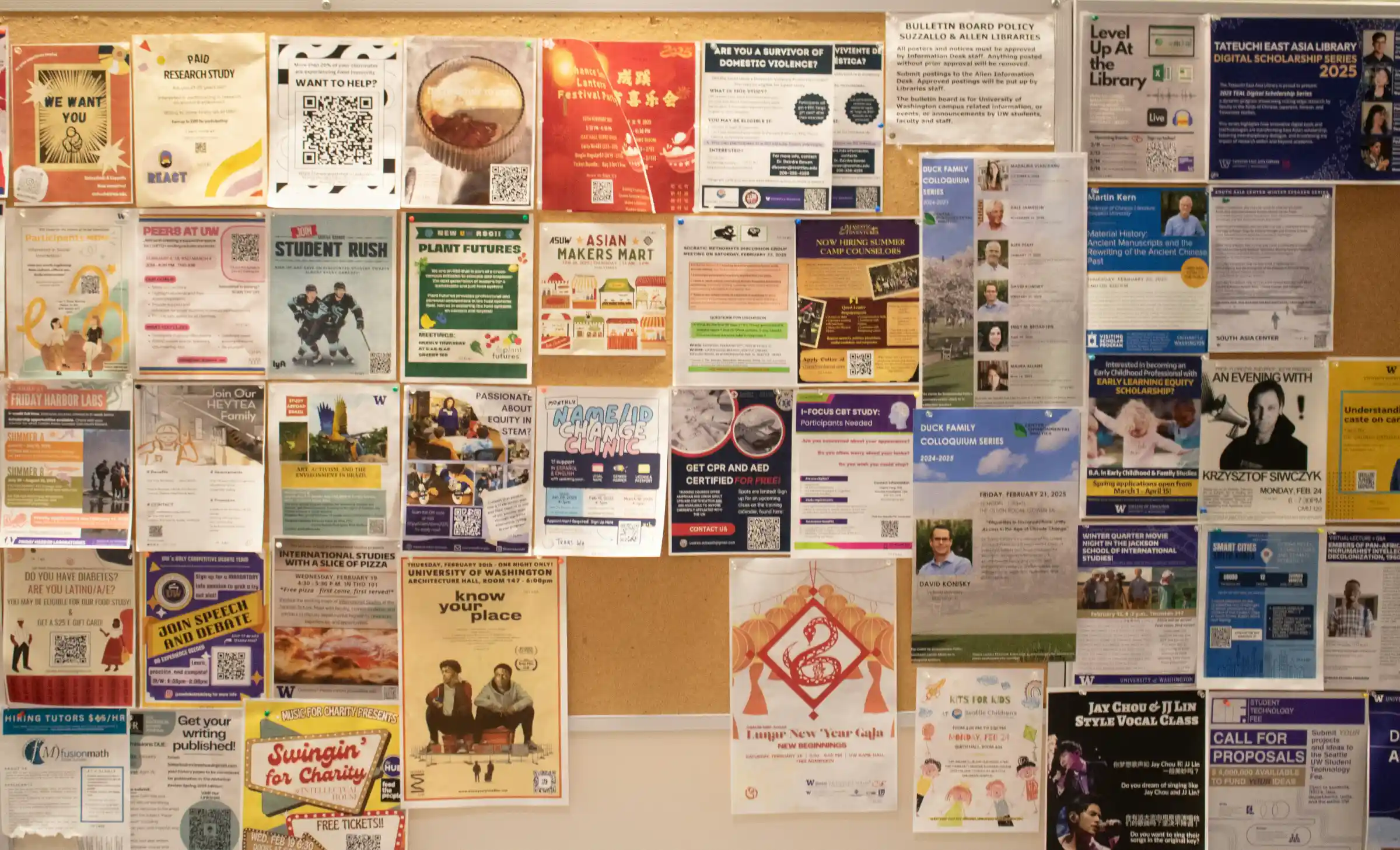


.webp)
.webp)


.webp)
.webp)
.webp)




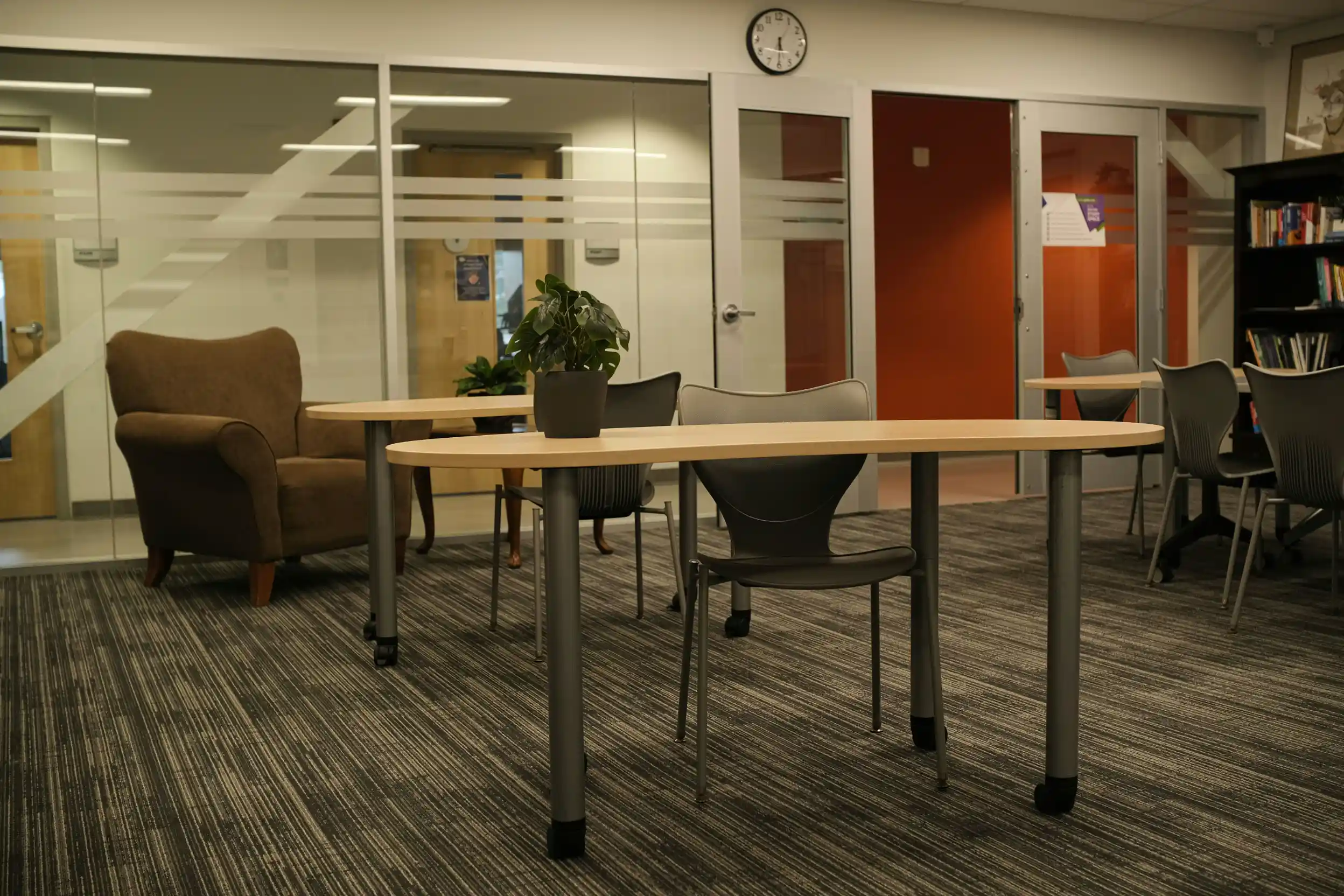






















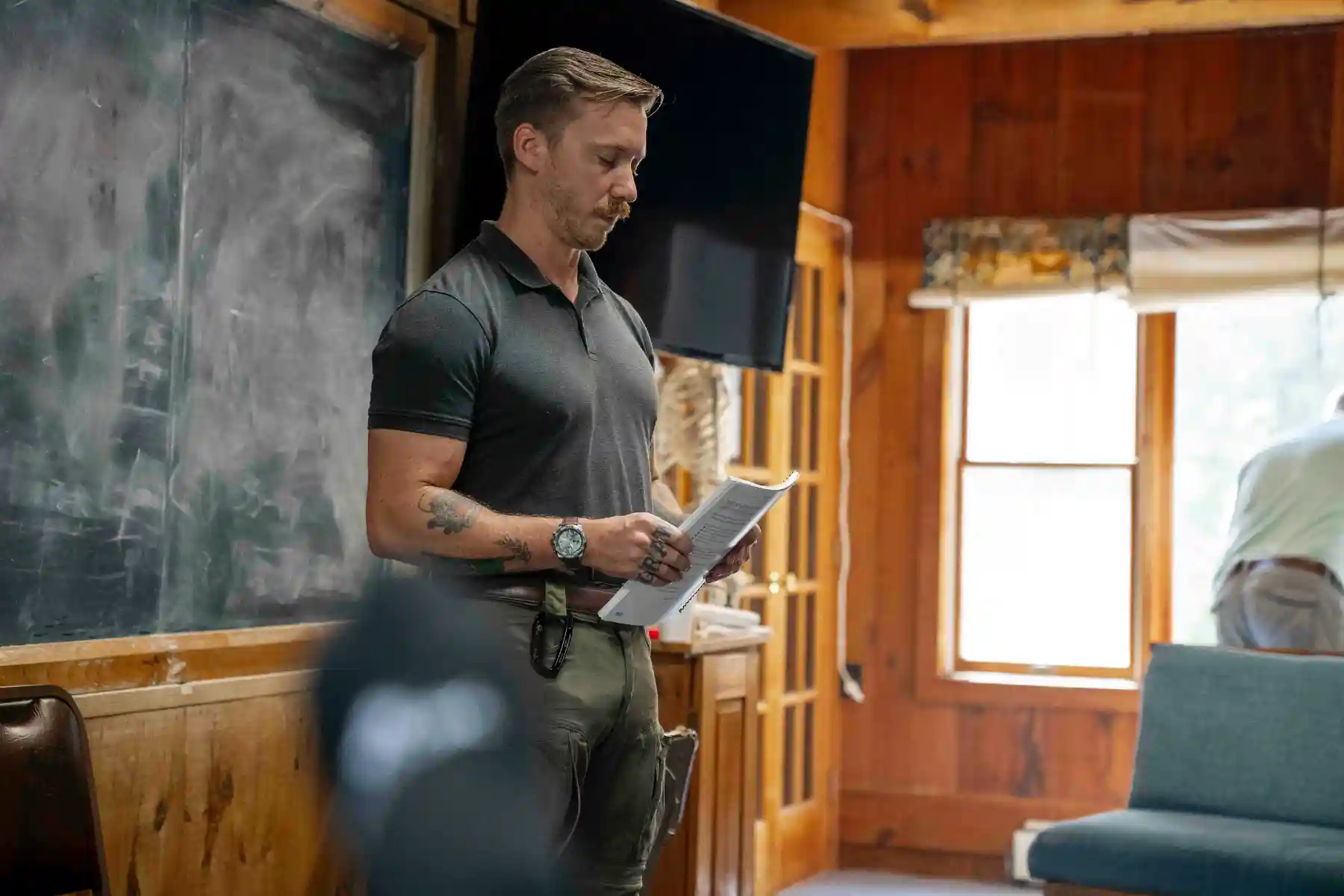


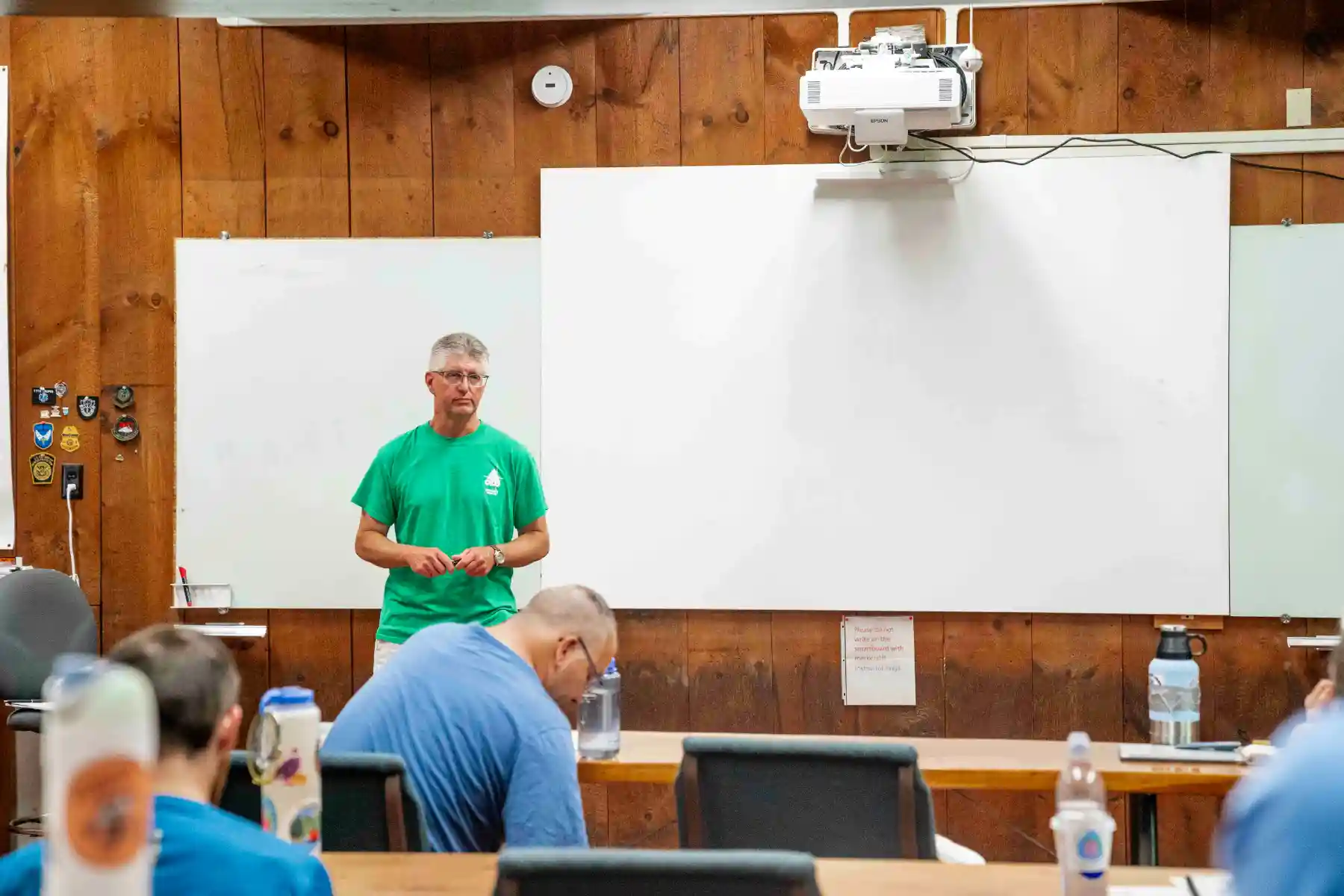











.webp)



%20.webp)














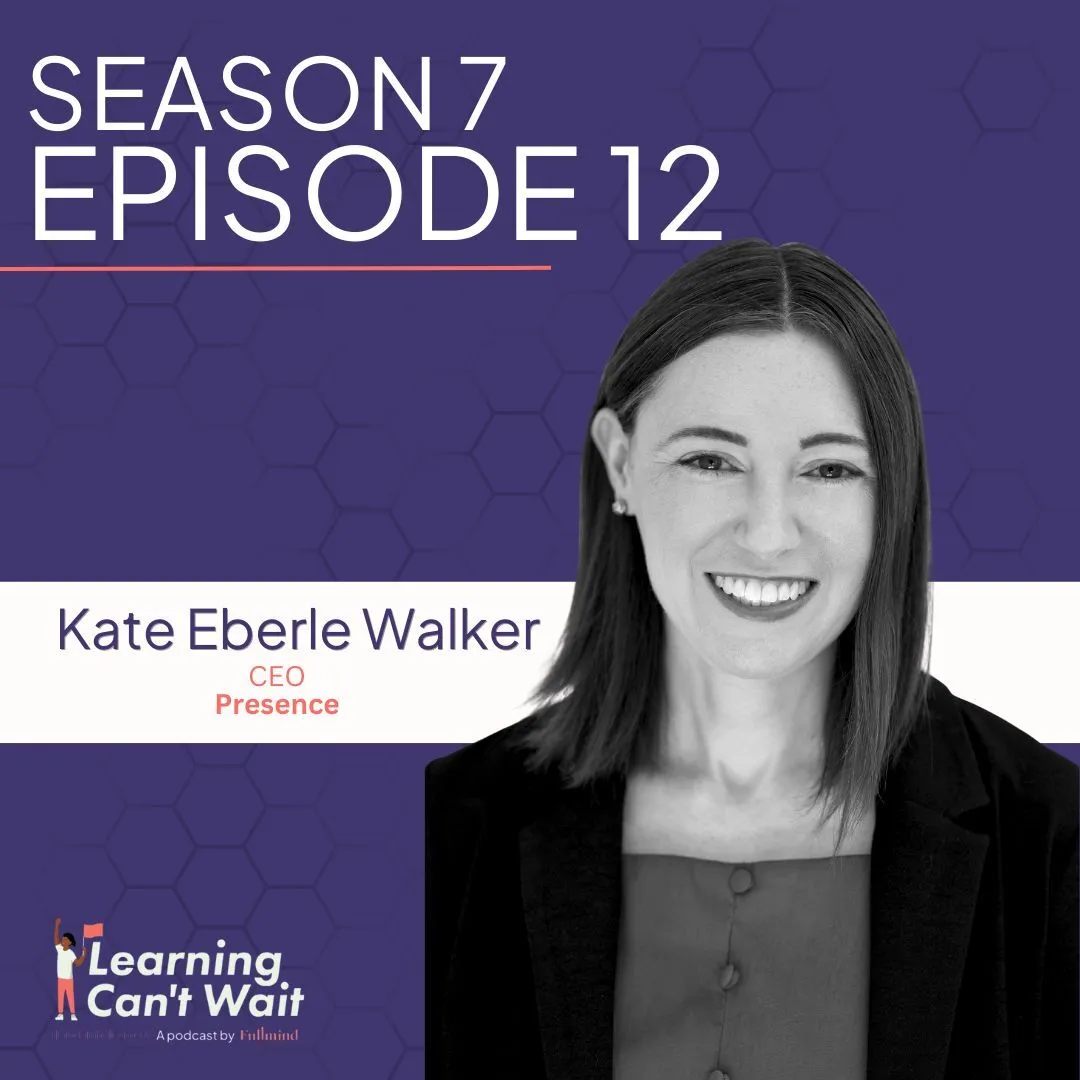










.webp)
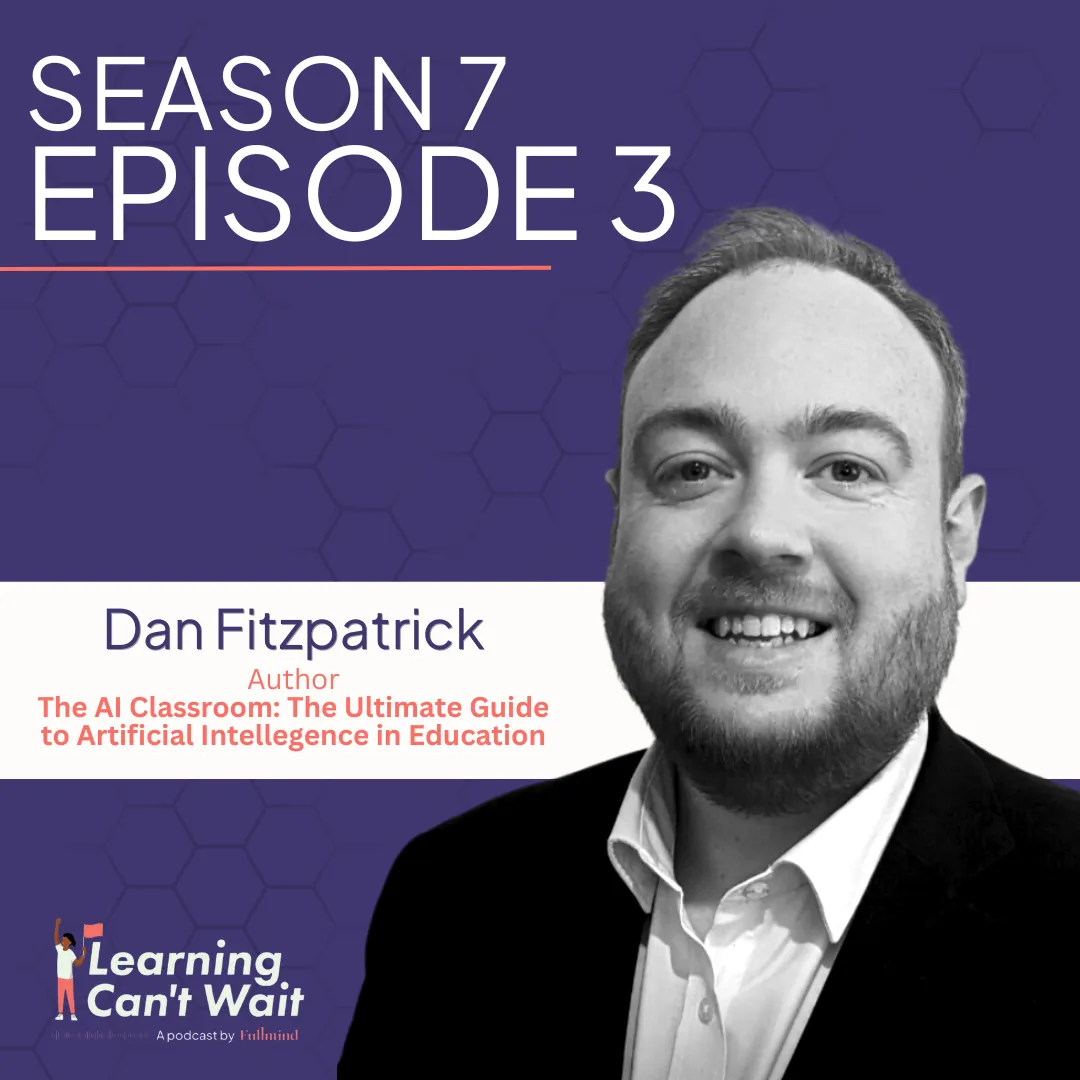
.webp)


.webp)